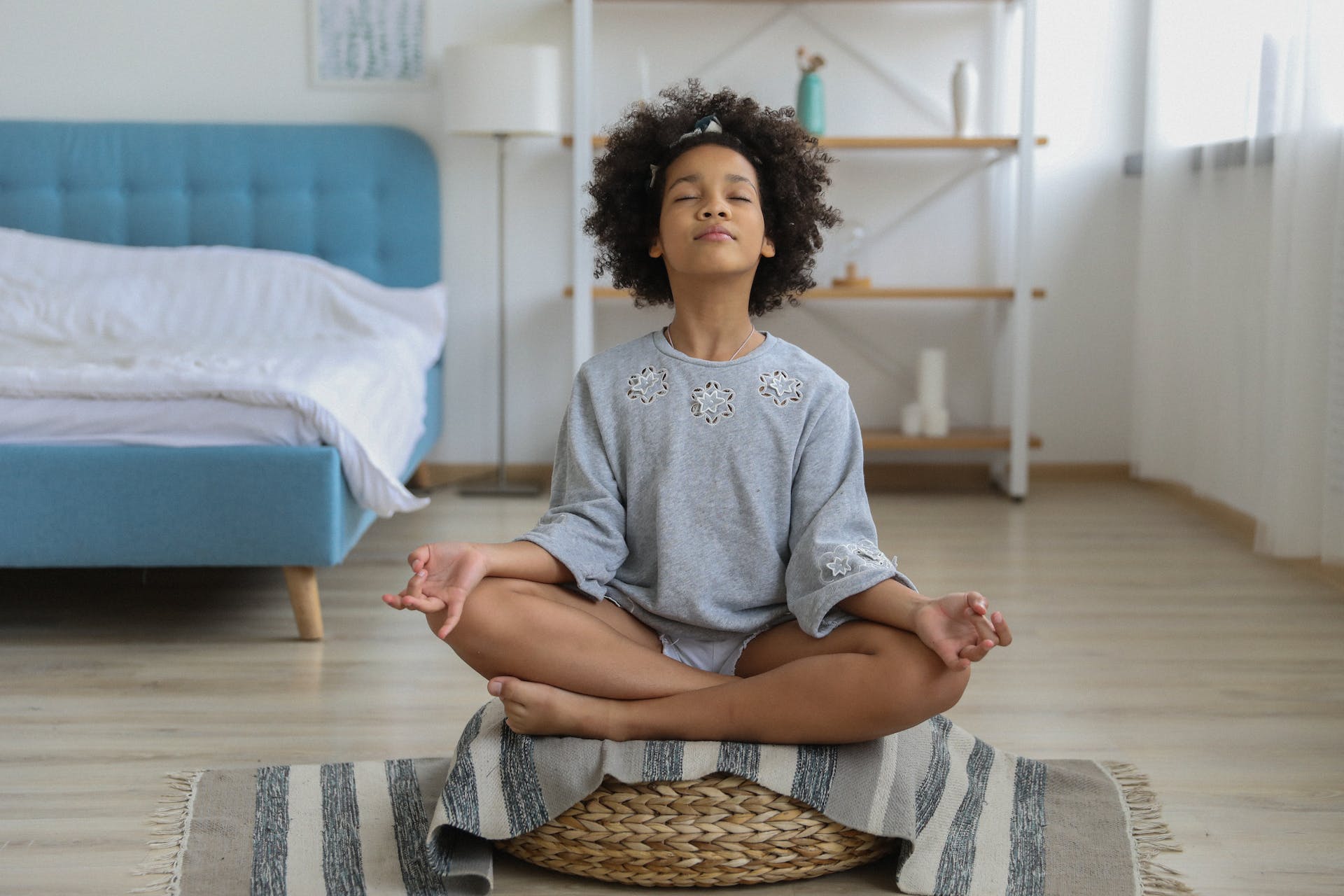3 mental health tips for young adults struggling with school
Dec 17, 2023 — Regina John
Mental health concerns and issues can impact people of all ages and lifestyles. However, for young adults struggling with school, their mental health may be more vulnerable than ever. According to recent data from Statistics Netherlands, 18% of young people in the Netherlands — aged 12 to 24 years — were mentally unhealthy. In particular, more young people reported feeling downhearted and blue. Among young women, a mental health decline was observed throughout the years of the survey.
For many young adults all over the world, opening up about their mental health struggles and problems at school may be challenging. Depending on their lifestyle and expectations at home and school, they may feel isolated, anxious, stressed, or pressured. As such, raising awareness and finding ways to help students manage their mental health, even through the bad days, is essential. Below, we'll be sharing three mental health tips for young adults struggling with school:
Balancing social media
One of the critical factors to assess when considering young adults struggling with school is how much they may be active on social media. Often, students may feel pressured to compete with their peers for good grades and other lifestyle factors. While this doesn't mean social media should be strictly prohibited, balancing it with other meaningful activities and quality time with loved ones is key.
At the same time, social media isn't all bad. A 2022 study highlighted that digital tools like smartphones, apps, and social media platforms can be viable mental health interventions as they are widely accessible, popular, and used daily by young adults and adolescents. Earlier studies have also reported that social media are used by those marginalized in mental health care, making them a potentially potent delivery mechanism for digital mental health prevention and intervention.
Having pets for emotional support
Another way to help young adults struggling with school is by relying on loved pets and animals for emotional support. This is slightly different from legally recognized emotional support animals. Still, the concept of having a loved pet that can provide non-judgmental comfort and companionship — which humans may not necessarily be able to provide — remains. Emotional support animals are also different from service dogs and animals who may require special training.
Of course, not all young adults and adolescents may have access to pet animals. Robotic dogs and robot cats can be excellent alternatives for those who are allergic to pet hair or those living in households and homes that may not allow pets. Thanks to modern technologies, these robotic pets have been designed to be as realistic as possible, interacting and responding to human motion and touch to create an authentic and engaging bond. Today, robot pets are also used for senior adults who need companionship.
Practicing mindfulness
Finally, young adults need to step back, practice mindfulness, and commit to being in the present rather than fixating on past mistakes or anxieties. In our previous post about coping with one's intersectional identity, we highlighted that self-awareness is vital to mental health. Acknowledging your thoughts and feelings, especially vis a vis your own education, can help young adults be more mindful of their emotions. Young adults can use technology in this sphere as well. The Medito app can help them train in meditation and mindfulness through breathing exercises, walking meditations, mantra meditations, and even sleep sessions, all of which help users deal with stress, anxiety, pain, and low moods.
Ultimately, there are many ways that adults and guardians can be there and be present for young adults who may need additional support and guidance while struggling with school. It's crucial to encourage balancing habits — like social media — instead of restricting them and provide companionship and emotional support to promote healthy and open communication. At the same time, teaching them to be honest about their feelings instead of shying away from them can also help improve their mental well-being.
Medito is a 100% free meditation app, with hundreds of mindfulness sessions, including packs for students and teachers.
